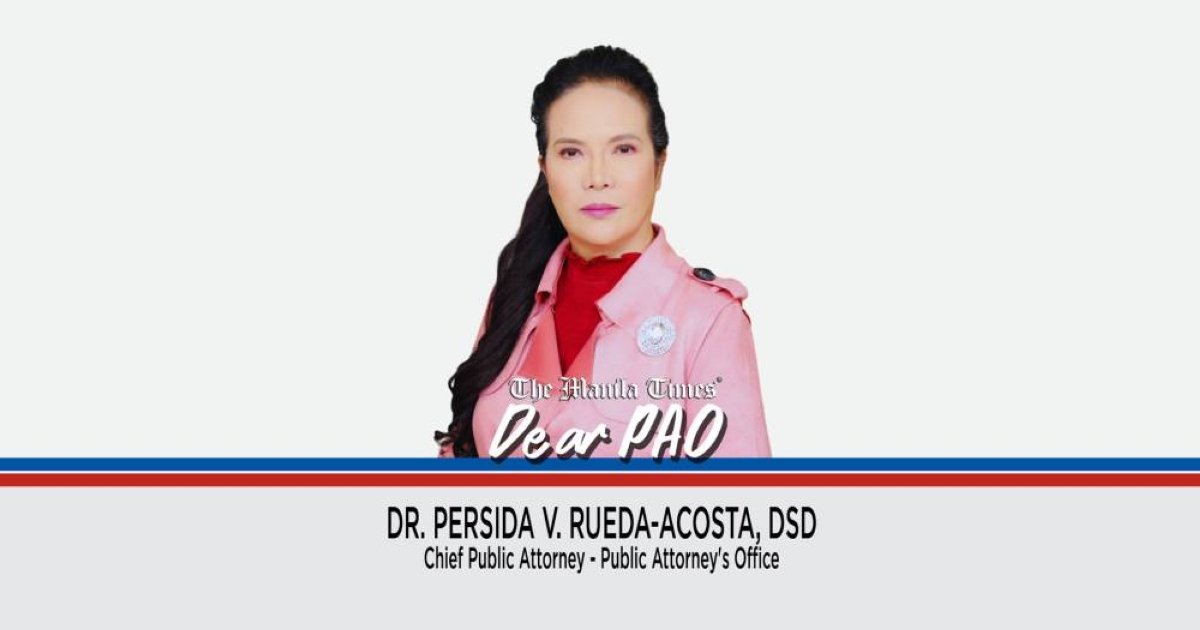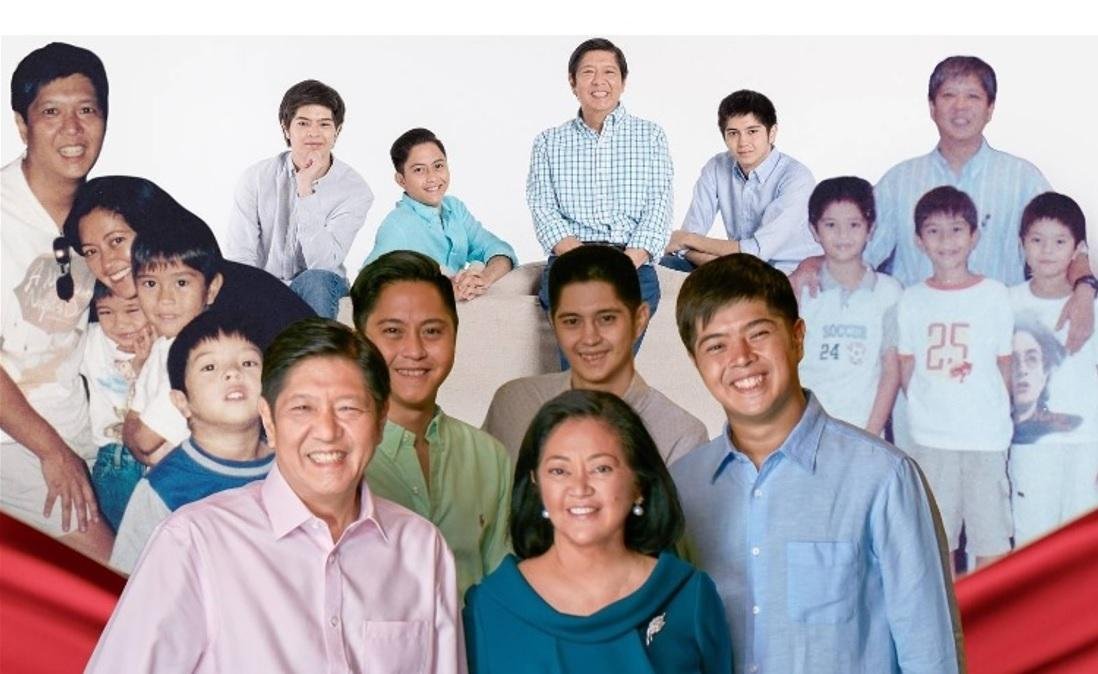Dear PAO,
My friend and I were talking on the phone, and I may have divulged some information that my friend was not happy to hear. Before our call ended, my friend told me that she had secretly recorded our conversation, and she threatened me that she would use the said recording against me in court. Can that private recorded conversation taken without my consent be used as evidence against me?
Samara
Dear Samara,

Please be informed of Sections 1 and 4 of Republic Act 4200, otherwise known as the “Anti-Wiretapping Act,” which state that:
“Section 1. It shall be unlawful for any person, not being authorized by all the parties to any private communication or spoken word, to tap any wire or cable, or by using any other device or arrangement, to secretly overhear, intercept, or record such communication or spoken word by using a device commonly known as a dictaphone or dictagraph or dictaphone or walkie-talkie or tape recorder, or however otherwise described:
“It shall also be unlawful for any person, be he a participant or not in the act or acts penalized in the next preceding sentence, to knowingly possess any tape record, wire record, disc record, or any other such record, or copies thereof, of any communication or spoken word secured either before or after the effective date of this Act in the manner prohibited by this law; or to replay the same for any other person or persons; or to communicate the contents thereof, either verbally or in writing, or to furnish transcriptions thereof, whether complete or partial, to any other person: Provided, That the use of such record or any copies thereof as evidence in any civil, criminal investigation or trial of offenses mentioned in section 3 hereof, shall not be covered by this prohibition.”
“Section 4. Any communication or spoken word, or the existence, contents, substance, purport, effect, or meaning of the same or any part thereof, or any information therein contained obtained or secured by any person in violation of the preceding sections of this Act shall not be admissible in evidence in any judicial, quasi-judicial, legislative or administrative hearing or investigation.”
Based on the above-stated law, recording a conversation without the consent of all parties involved is prohibited. Further, any communication, spoken word, or any information contained in such private communication obtained or secured by any person in violation of the Anti-Wire Tapping Act shall not be admissible in evidence in any judicial, quasi-judicial, legislative, or administrative hearing or investigation. Hence, the unauthorized recording of your private conversation with your friend, taken without your consent, cannot be used as evidence against you in any court.
We hope that we were able to answer your queries. This advice is based solely on the facts you have narrated and our appreciation of the same. Our opinion may vary when other facts are changed or elaborated on.
Editor’s note: Dear PAO is a daily column of the Public Attorney’s Office. Question for Chief Acosta may be sent to [email protected]










